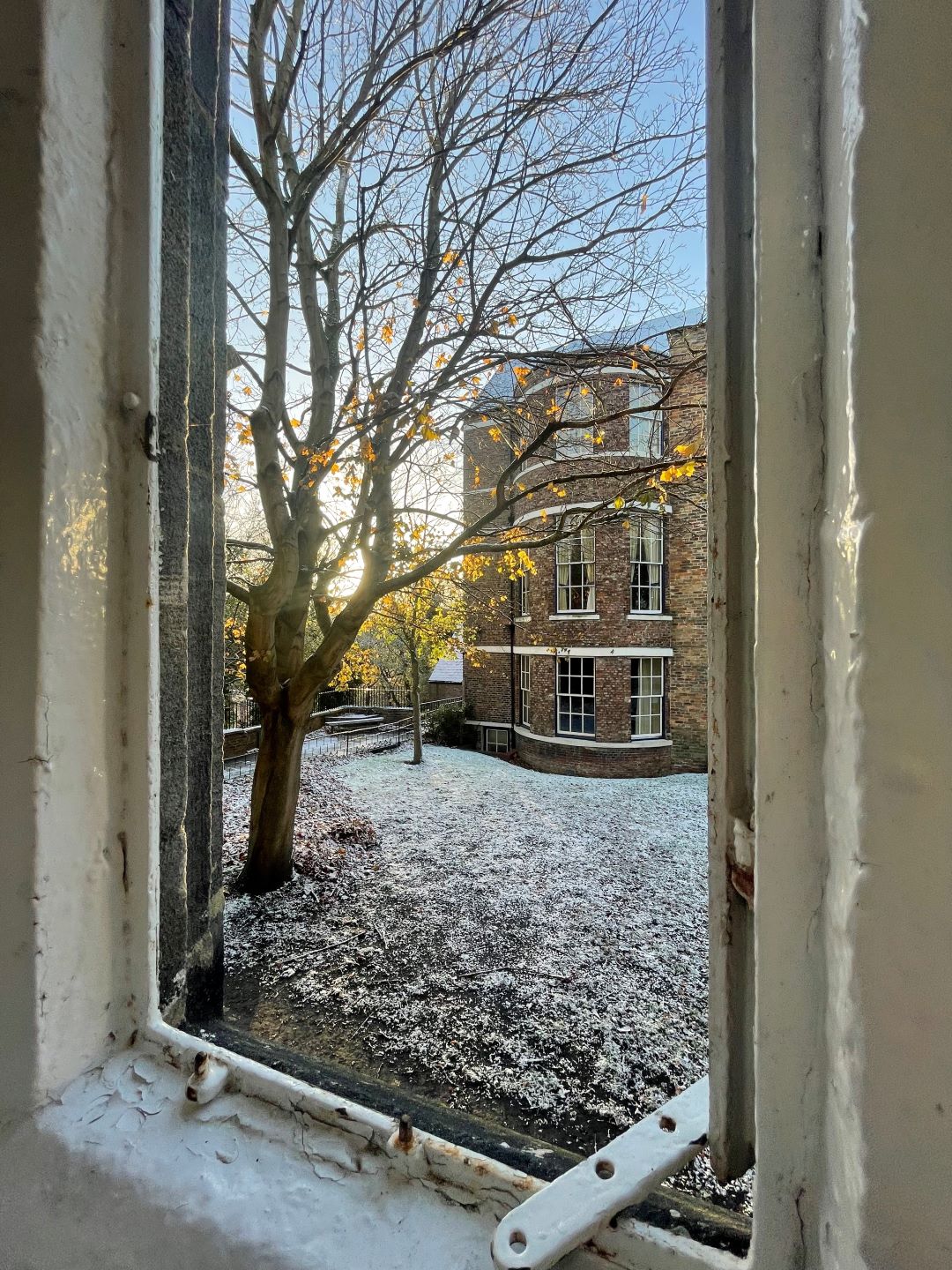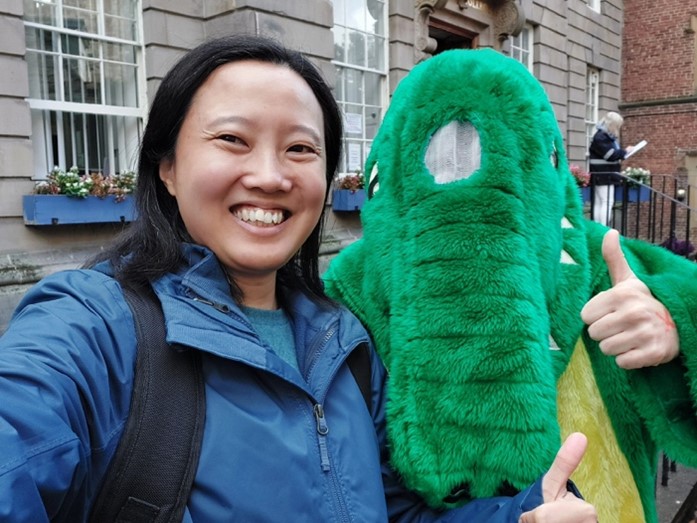From the beginning
Durham’s English department is regularly ranked among the best in the country – and for good reason. It is huge, for one, there is no way I could know everyone on my course like some of my friends do in their subjects. It also has many, many passionate staff with a very wide range of specialisations who are always willing to help whenever I have reached out. In my first year, whenever someone approached me with an (often incorrect) preconception of what I “do” at university, I would say that I study English literature “from the beginning”. The 6 modules offered on the course in year 1 essentially set up a basic groundwork, covering all the important classics and styles, but you get a lot more choice in year 2. Once you start choosing what you want to focus on and get confident asking questions and actually having an opinion – that’s where it gets fun.
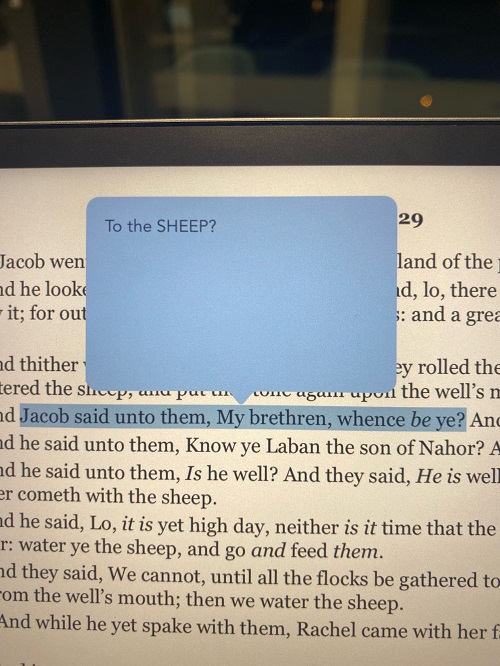
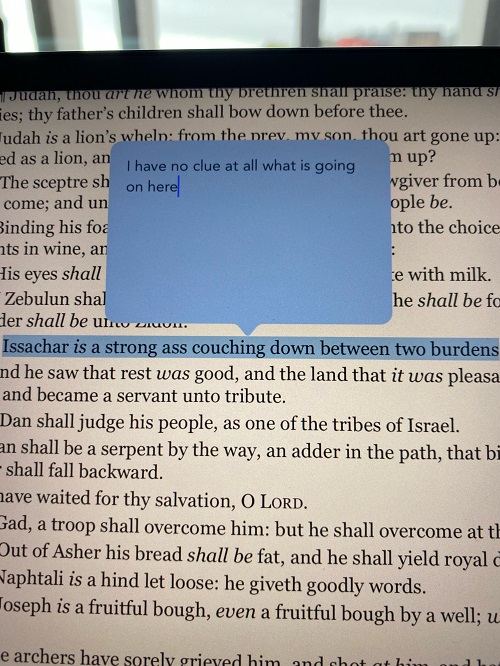
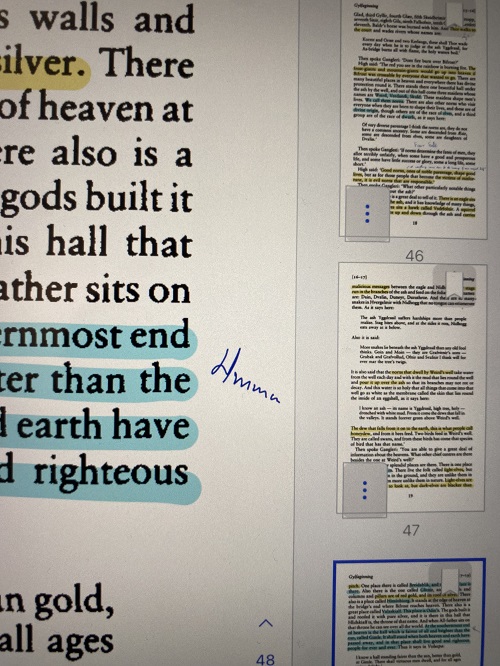
Big questions
I spend a lot of time trying to get out of my head when I’m writing essays, I often have to stop philosophising and really just look at what’s on the page in front of me. In English studies, you start asking yourself pretty big questions, especially when you’re really deep into secondary readings; for example, last week I was reading a critic who suggested that the concept of femininity in Old Norse society did not exist, and I had to reconcile this with representations of women in saga literature. I’ve also spent a lot of time thinking about how poetry deals with death, or how the way that we convince ourselves in relation to nature can come through in our writing and be traced into patterns across novels.
The best bit
I think my favourite part is getting to learn some really wacky information – going over my old notes without context is genuinely a really entertaining experience. You also get pretty comfortable talking about just about anything, because literature isn’t just based on things that have happened in the past, it is about hopes and dreams and nightmares and grief and you have to throw yourself into trying to understand the human condition, as it was then and as it is now. It’s not just ‘what did the writer mean when he made the curtain blue’, it’s ‘why are we talking about the curtain at all?’ You have to think about how certain texts shape our present understanding of the world, and you get to disagree! With everything! (Respectfully, of course). This is coming from an English student who loves her course but is very easily bored by the ‘classics’ and has very few she would begrudgingly admit to liking. I’m not saying you get to go around saying we should all throw the Brontës out of the nearest window, but you definitely don’t have to like their work as long as you understand why, and why others do.
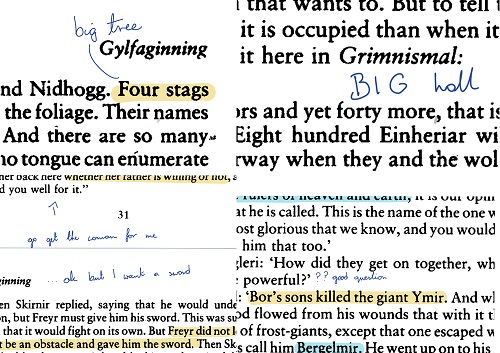
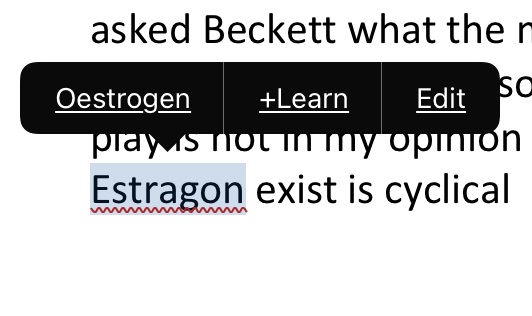
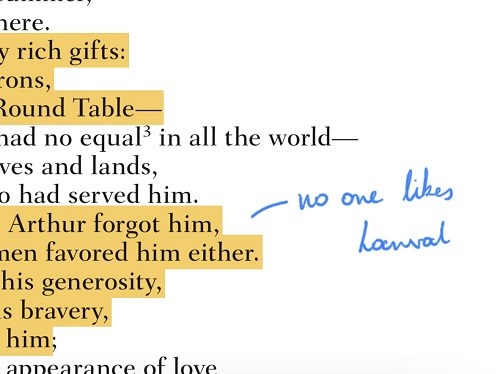
Why English, why Durham?
I have left the ‘Why English?’ ‘Why Durham?’ questions for last because they do not have simple answers, and if you have reached this far in the blog then you probably won’t be daunted by how rambling the next two paragraphs are. I think we have reached a point (in this country, at least) where you go through your childhood following a pretty predictable pattern: nursery, primary school, secondary school, sixth form/college, university. That’s what the plan looked like for me anyway. The question, ‘Should I go to university?’ never really occurred to me, it was always a matter of, ‘Where?’ and, ‘What should I study?’
I shall be frank
I didn’t have a grand plan. I didn’t have a great passion. I had motivation and a drive that was pushing me forward despite the admittedly blinkered view of the future that only really saw further schooling as the next viable option. I was lucky though, because (at some point in my second term of university – which is too late, by the way, do not follow my example) I figured out that I actually really liked learning. However, I think we can all see how this could have turned out really badly for me so I do strongly encourage that you try to have these thoughts as early as possible, even if it means sitting down in a quiet room and asking yourself ‘What do I actually want to be doing?’ – even if you had to do this repeatedly, try to have an answer to this question.
Now that I have sufficiently illustrated how little bearing anything really had on my all-important decisions in that last year of sixth form, I shall be frank and I say that I choose to read English because nothing else really appealed to me. That’s the honest truth. I am hoping this will be reassuring to those of you out there who also don’t know what you want to do, that if you can’t follow the things that make you happy (because, for example, you haven’t figured out what that is yet), at least choose the path of least resistance. I will always be grateful to 17-year-old Claudia, who realised just in time that she rather liked writing, and thought: ‘Durham has one of the best English departments in the country, that seems like a good choice’ and did everything she could to get herself there.
Discover more
Create your own personalised prospectus here
Follow our students on Instagram, TikTok and YouTube

Claudia Chmura
Hi, I’m Claudia and I am an English student at St Chad’s College, this will be my second year as a content creator for Durham University. I’m excited to see what final year studying English year has in store for me and just trying to muddle through somehow!






